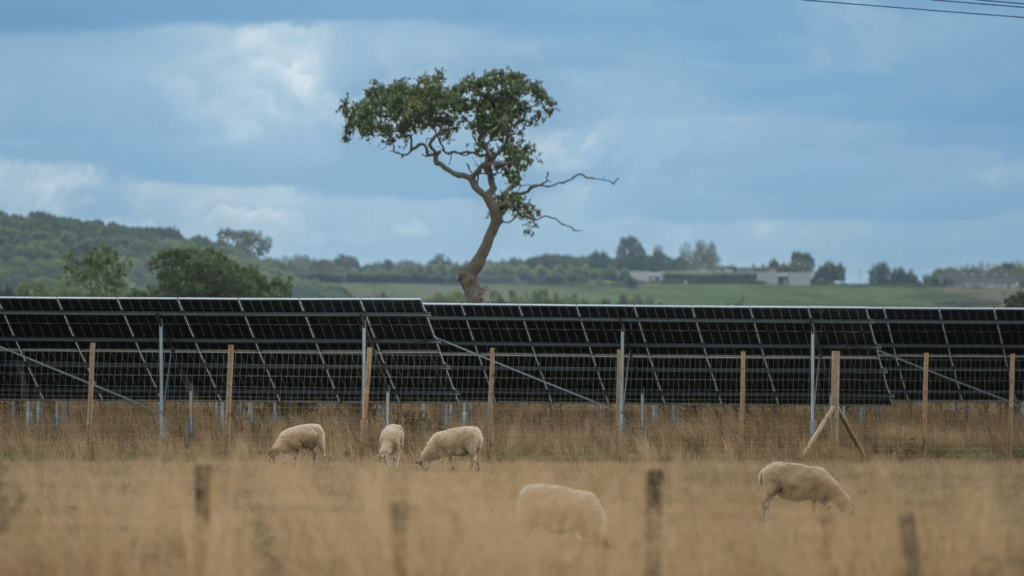
our response to DESNZ working paper on community benefit & shared ownership
Along with 11 of our community shareholder network in Oxfordshire, we have submitted our response to the recent Department for Energy Security and Net Zero working paper: Community benefits and shared ownership for low carbon energy infrastructure.
This could signify a huge turning point for community energy across the country, as well as for the Government’s goal of becoming a clean energy superpower and achieving net zero by 2050.
Part 1 of the working paper seeks views on the potential introduction of a mandatory community benefits scheme for low carbon energy infrastructure, including on the scope of such a scheme, and how a scheme should be administered and enforced.
Part 2 seeks views on how best to facilitate shared ownership of renewable energy generation infrastructure.
You can read the full working paper here.
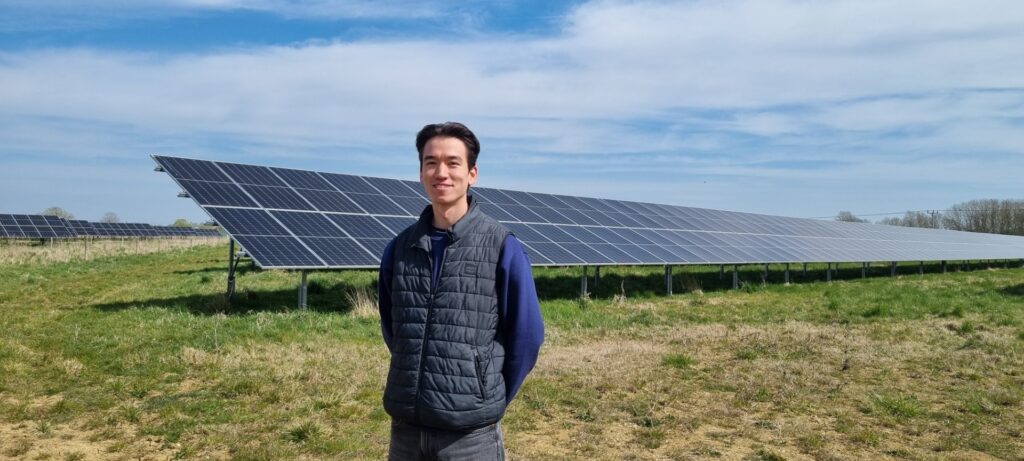
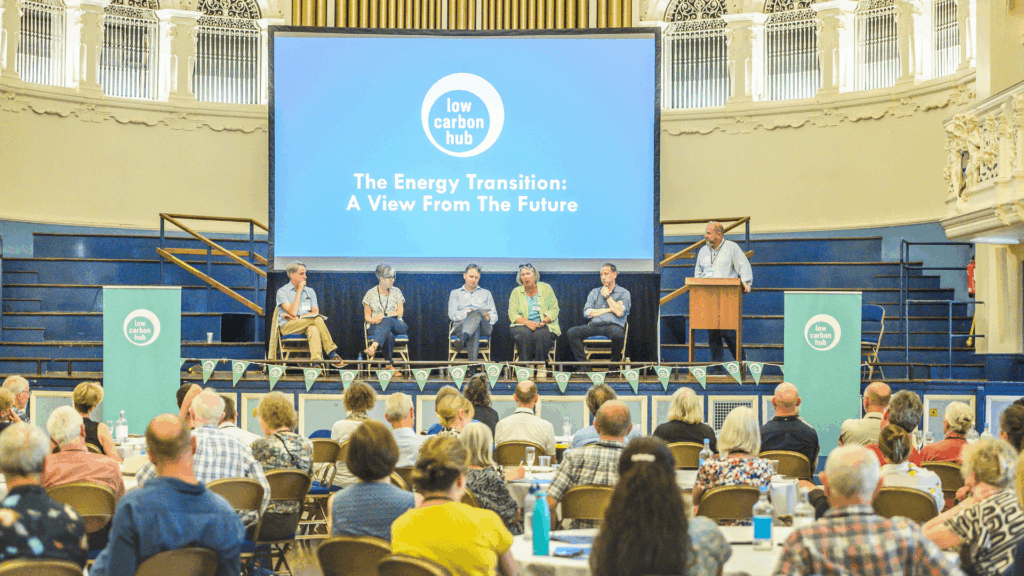
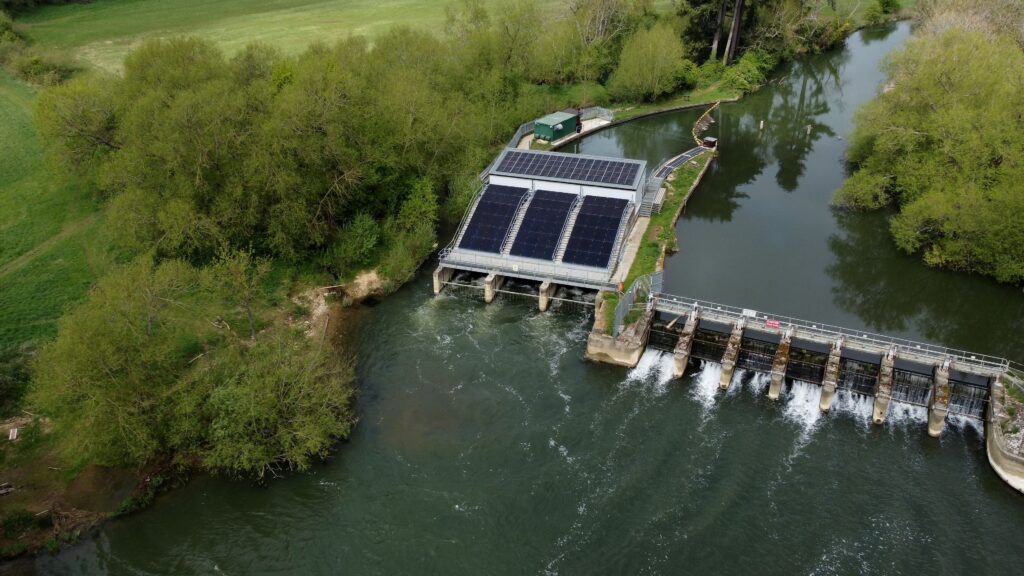

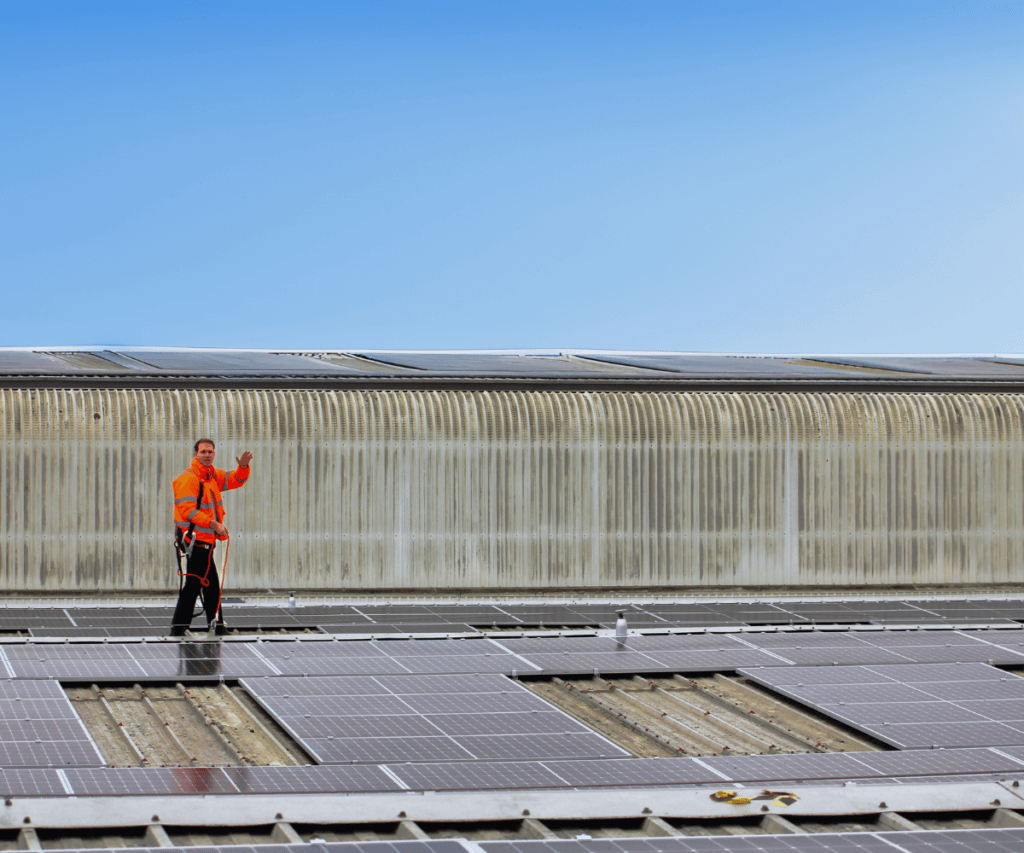
Highlights of our response
If you don’t have time to read our full response, don’t worry. Some of the highlights are:
- Community benefit should be kept distinct from planning gain or planning mitigation requirements that are normally set by Local Authorities.
- Community benefit should apply to all the technologies listed and be based on a percentage of income as disclosed in annual audited accounts and agreed with the Community Benefit Board. We prefer to use income rather than revenues because revenues are what remains after operational expenditure and is more open to gaming.
- Shared ownership is the main route to growth for community energy in Britain. If we are serious about the benefits of community energy, we need to be serious about shared ownership.
- For mandated shared ownership to work, there must be infrastructure to support it so that certainty breeds confidence for developers, investors and communities.
- It is very important that community energy and its benefits grow right across Britain, so that areas unlikely to host large new infrastructure (urban and disadvantaged communities mainly) can benefit equally. A Community Energy Wealth Fund may be one way of tackling this problem. We would also advocate for the Local Power Plan to be designed to encourage Local Authorities and community energy enterprises to partner on new shared ownership schemes so that they can be ‘twinned’ with urban and disadvantaged communities that are not otherwise identified as being local to a large new piece of infrastructure.
